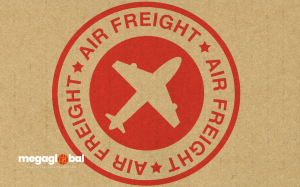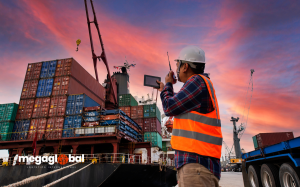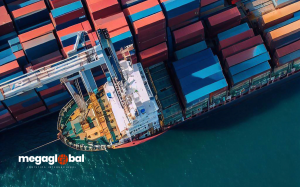A Guide for Logistics Managers. Get ready for new emission standards and ensure the sustainability of your logistics operations.
In 2024, new European regulations on CO₂ emissions in maritime transport came into effect, impacting both costs and operational management. This article explains how to prepare for these changes, strategies you can adopt, and the benefits of getting ahead of these requirements.
What Do the New Regulations Entail?
Starting this year, European regulations require shipping companies to progressively reduce CO₂ emissions through emission allowances. These goals include:
2025: 40% of emissions must be covered with allowances.
2026: Increases to 70%.
2027 onwards: 100% of emissions.
This gradual approach allows companies time to adapt but necessitates planning and adjustments.
Impact on Logistics Operations
Complying with these regulations will have a direct impact on your operations. Key aspects to consider include:
1. Monitoring and Reporting
– Implement monitoring systems to assess the CO₂ emissions of the ships you work with.
– Ensure your reports meet the required standards.
2. Emission Allowances
– Understand the emission allowances market.
– Calculate the additional cost these allowances will add to your operations.
3. Energy Efficiency
– Work with partners to optimize routes and operate ships that reduce fuel consumption.
– Consider partnering with carriers investing in cleaner, more efficient fleet technologies.
Adaptation Strategies
To comply with these regulations without negatively impacting your operations, we suggest:
– Staff Training: Ensure your entire team is aware of the new regulations and understands the strategies to apply.
– Collaboration with Suppliers: Work with partners committed to sustainability and compliance.
– Investment in Solutions: Explore solutions that help you plan operations with partners already working towards reducing CO₂ emissions efficiently.
Partnering with carriers that comply with CO₂ emission regulations may seem challenging, but with the right information and effective planning, you can navigate these changes successfully.
Stay ahead of regulatory changes in maritime transport by aligning with partners committed to reducing CO₂ emissions. Contact us to explore sustainable logistics solutions.
#MaritimeTransport #CO2Emissions #LogisticsCompliance #SustainableLogistics #EmissionRegulations #Megaglobal #MegaglobalBlog #Blog2024 #InternationalLogistics #IntegratedSolutions #LogisticsSolutions







